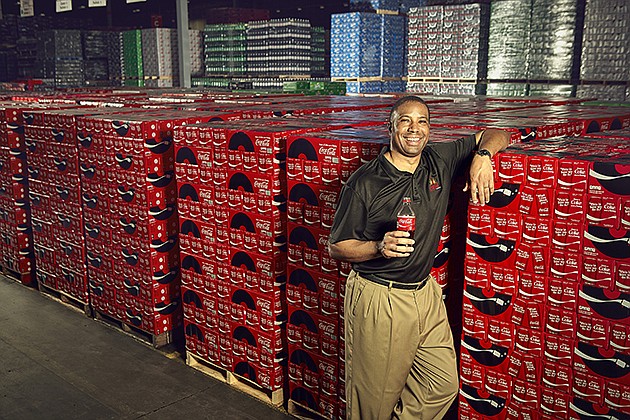- December 13, 2025
-
-
Loading

Loading

Executive Summary
Company. Coca-Cola Beverages Florida Industry. Beverage distribution Key. Company is managing fast growth with startup tasks.
Constructively confronting the boss at Troy Taylor's billion-dollar company isn't only expected, it's prized.